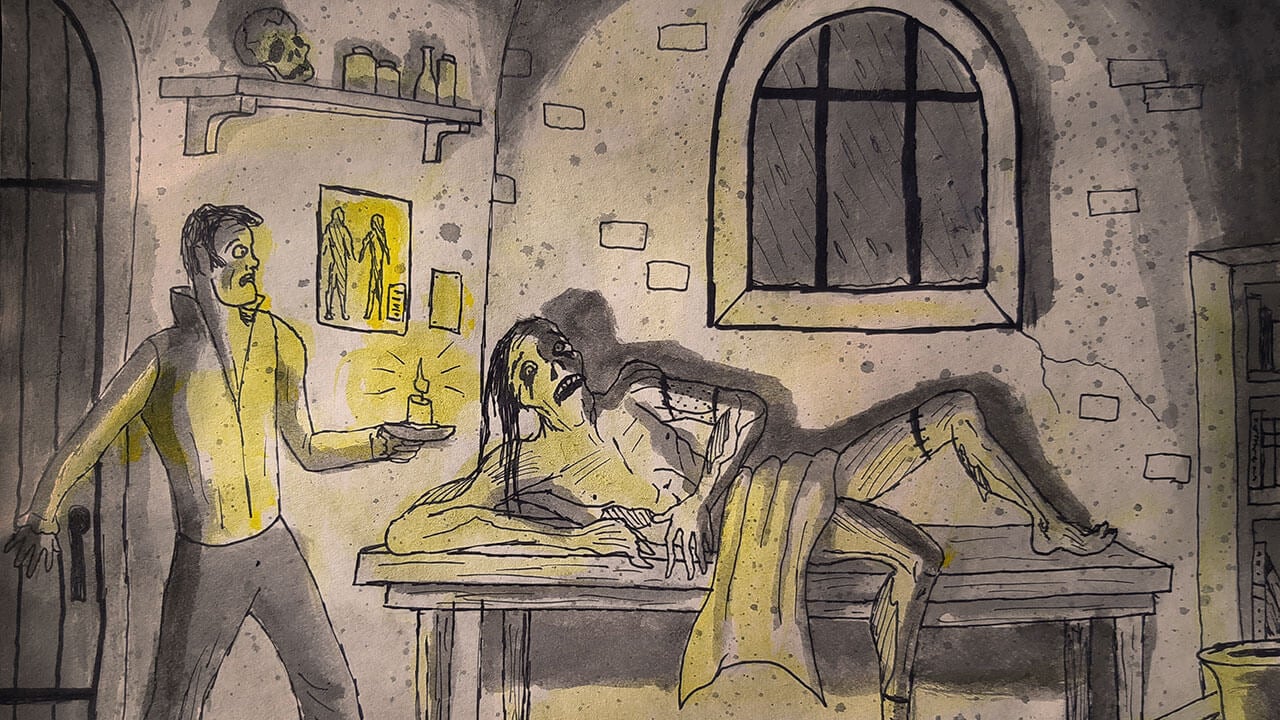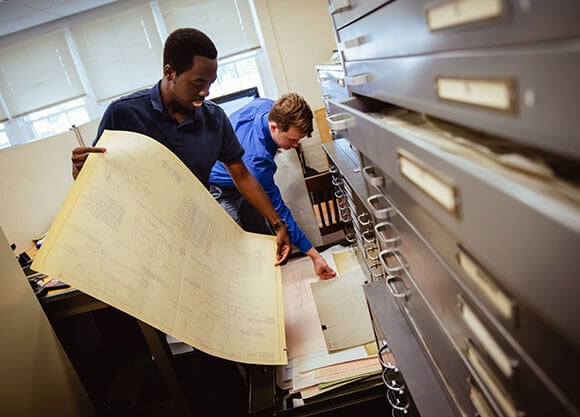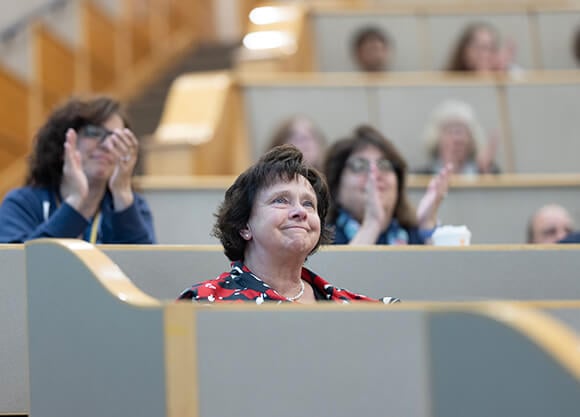

“Frankenstein,” written by Mary Shelley, daughter of outspoken women’s rights advocate Mary Wollstonecraft, was initially published anonymously in 1818, explained Robert Smart, professor emeritus of English and former dean of the College of Arts and Sciences.
Throughout the novel, Shelley writes about losing control, feeling lost and finding a sense of identity. She felt like she was made up of multiple pieces — with no overall identity — just like Frankenstein’s monster.
Throughout the story, Shelley addresses injustices, tragedies of birth, class and race all through the creation of a nameless monster, said Smart — allowing the modern reader to find relevancy to today’s world.
“This novel applies to science, of course, but not just science,” said Smart. “Think of politics in Russia and Ukraine, the social culture of Facebook and Meta and other dimensions of modern life.”
Smart highlights one theme in particular that most resonates with modern society.
“One element of genius in Mary Shelley’s novel is its focus on what happens when we let human ambition and pride override caution and care for others,” said Smart. “Our motives might be honorable — in this case, finding a ‘cure’ for mortality — but the means turn the enterprise into something terrible, something monstrous.”
Additionally, Smart touches upon privilege and the consequences of lack of thought behind individual actions. These, in turn, have a direct and negative impact on others.
“We may not have changed as much as we would like to imagine after all these years — we wish for a better life, but we also have to be wary of anyone selling a better life that does not also require us to change ourselves,” said Smart. “Victor Frankenstein starts out as a decent fellow — curious, passionate, talented but he is also very flawed: self-centered, arrogant, privileged and unaware of how his actions affects family and friends. He dies a broken creature, self-pitying and still not completely aware of what he has done. The creature he made — unnamed, interestingly — has a greater sense of self-awareness and even humanity than he does.”
Smart believes that “Frankenstein,” although published two centuries ago, still causes us to reflect on what it means to be human, a read that after a dozen times, can still marvel and provide new insight.
In this Article
Stay in the Loop
Quinnipiac Today is your source for what's happening throughout #BobcatNation. Sign up for our weekly email newsletter to be among the first to know about news, events and members of our Bobcat family who are making a positive difference in our world.
Sign Up Now



























